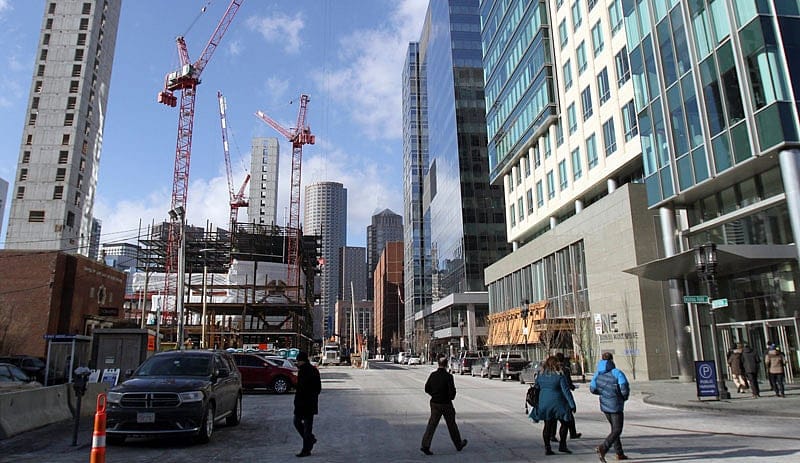Boston tops Silicon Valley as innovation hub, study says

BOSTON – The Hub edged out Silicon Valley as America's top location for digital innovation in a ranking of major U.S. metropolitan regions released Thursday, with researchers citing Boston's higher scores for livability and connectedness.
"While the San Francisco Bay Area is the clear leader in total startup activity, its lack of a cohesive community and declining quality of life for residents helped move Boston to the top spot," the study from the U.S. Chamber of Commerce Foundation says. In particular, it cited the sky-high cost of living in the San Francisco Bay Area, but it also notes that entrepreneurs in the metro region indicate that "it is becoming too cutthroat to inspire success."

